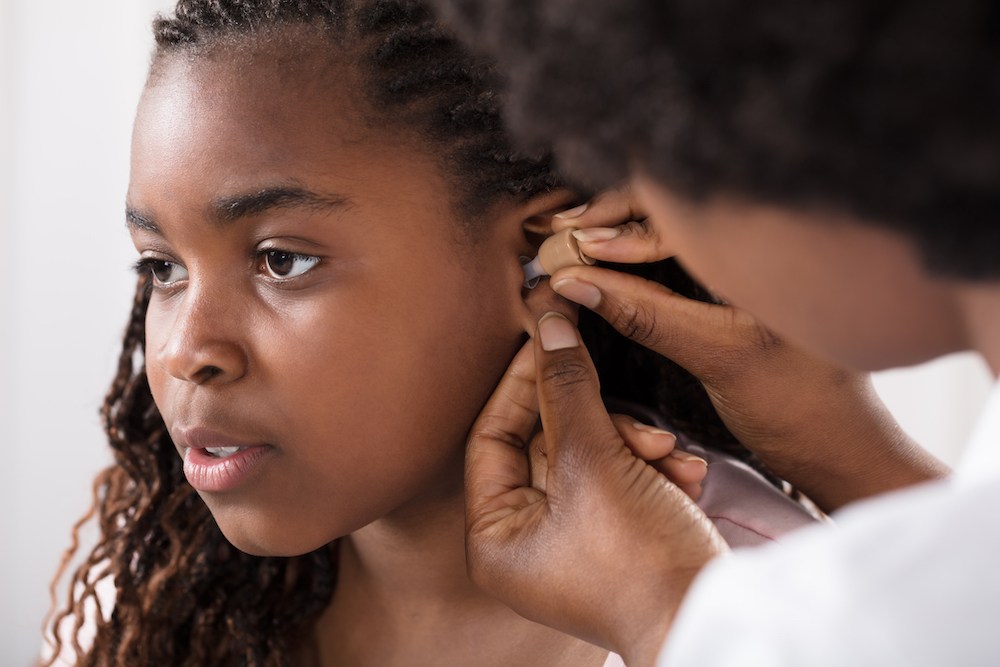What Can You Expect to Learn at Your Hearing Aid Fitting?
The hearing aid fitting is a crucial first step in improving your hearing.


The hearing aid fitting is a crucial first step in improving your hearing.

Hearing aids are designed to be durable and serve you well for many years.

Studies reveal that roughly 15% of adults between the ages of 20-69